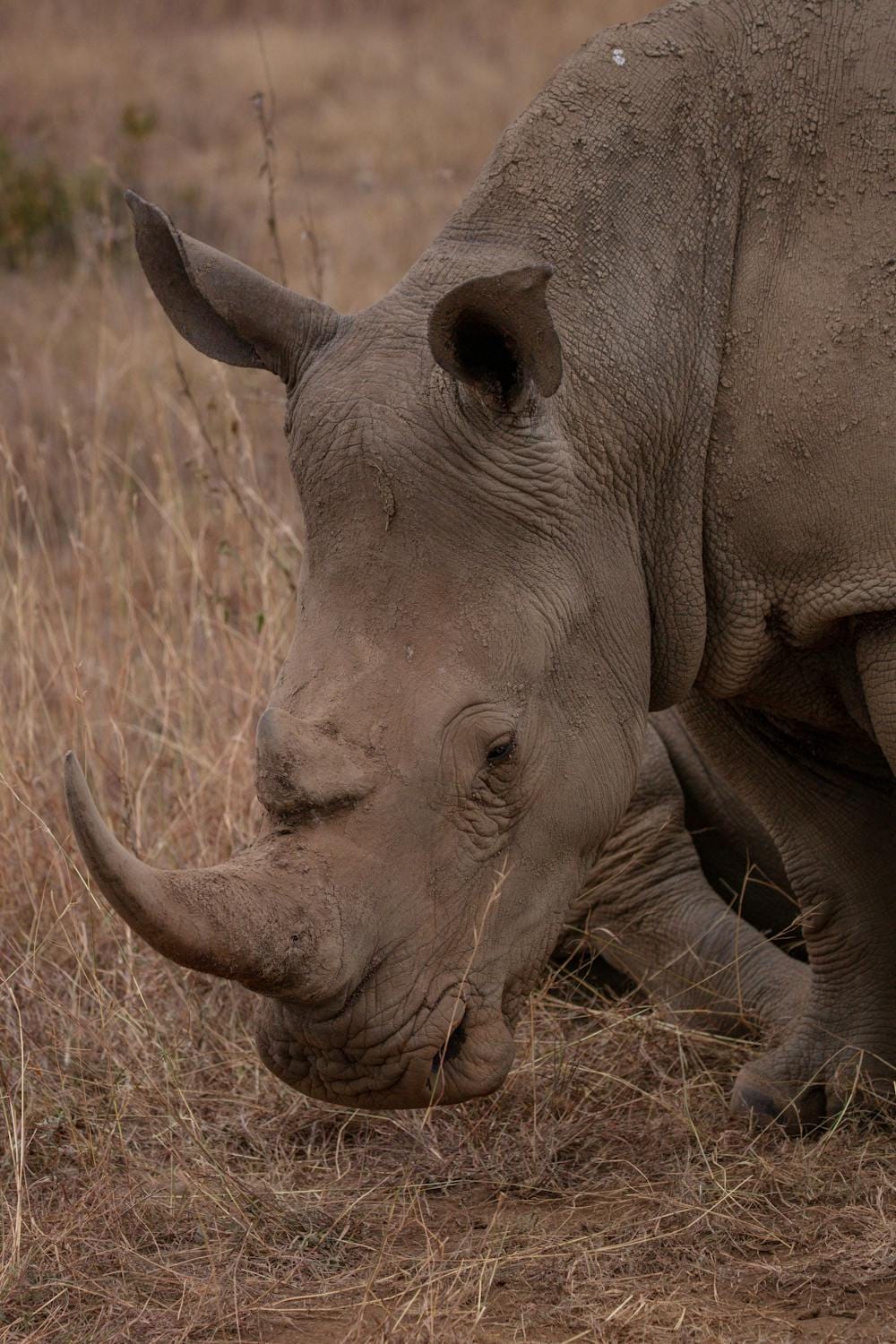Good news for Kenya’s Black Rhinos in miracle comeback as numbers reach 1000

By Animal Correspondent, Jill Dando News
It’s good news for Kenya’s Black Rhinos as they make miracle comeback as their numbers reach 1000
- The iconic rhino species was nearly extinct in Kenya with fewer than 400 individuals left in the 1980s.
- Rhino poaching is still a significant threat across Africa, particularly in South Africa.
- Kenya’s long-term vision to reach 2,000 black rhinos by 2037 is on track.
Kenya’s black rhino population has more than doubled – from fewer than 400 in the 1980s to over 1,000 today – according to new figures from the Kenya Wildlife Service.
The iconic species has faced relentless threats to their survival from poaching, habitat loss and increased frequency of droughts driven by climate change and is classified as critically endangered on the IUCN Red List.
Yet the incredible rise in numbers in recent years shows the huge success of ongoing conservation efforts in the area, with Kenya now halfway to its goal of 2,000 black rhinos by 2037.
WWF has supported black rhino conservation in Kenya since the early 1960s and has supported the development of Kenya’s Black Rhino Action Plan for 2022-26, which will continue to guide conservation efforts in the coming years.
Tanya Smith, senior programme advisor (Africa), at WWF-UK, said:
“It is heartening that, thanks to conservation efforts over many years, black rhino numbers are continuing to rise in Kenya thanks to people, communities and organisations coming together to help bring this wonderful species back to life. However, their future is still not assured, and black rhinos remain critically endangered across Africa.
“Rhinos play a crucial role in their environment, as their grazing and browsing helps to maintain a healthy balance of shrub and grass cover benefitting other wildlife. They also support wildlife tourism which generates much-needed income opportunities for local communities. By helping to protect the rhino, we can safeguard its environment for the benefit of both people and wildlife for generations to come.”
However more space is desperately needed if Kenya’s rhino population is to continue to thrive. A lack of secure and suitable habitat - urgently needed to expand rhino range and reduce pressure on overwhelmed sanctuaries – remains a challenge.
Adopting a rhino through WWF-UK helps to fund rhino conservation efforts and our work to stop the illegal trade in rhino horn but also funds our other vital work around the world.
For more stories from Jill Dando News click: http://www.goodnewspost.co.uk




